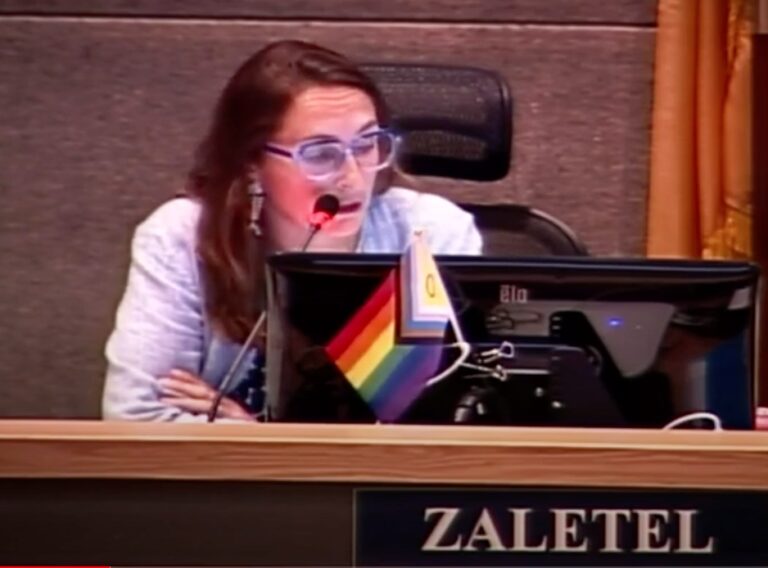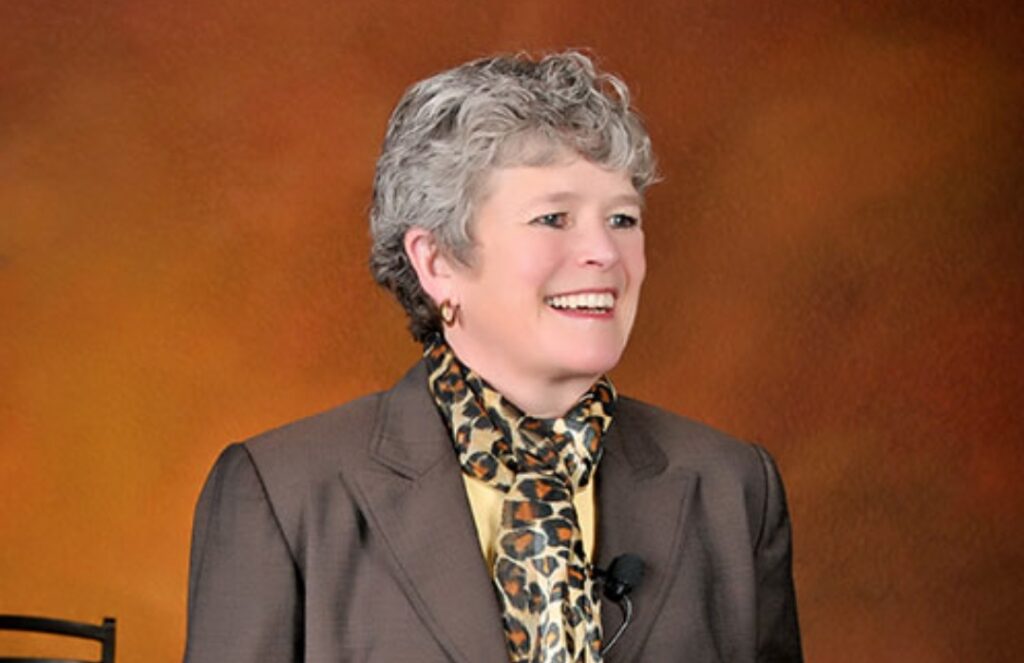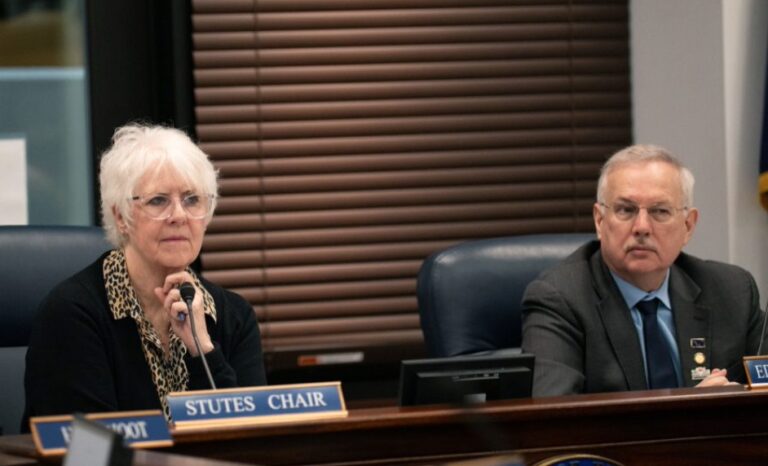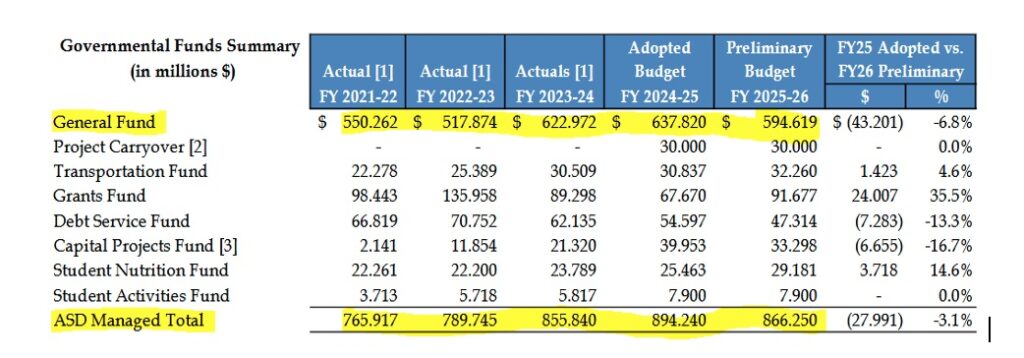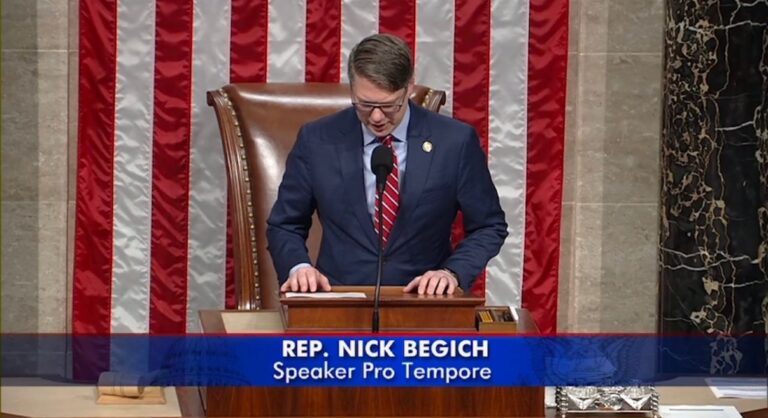The Anchorage Assembly is set on Tuesday night to approve another grant to the Alaska Black Caucus.
This one is a $65,000 grant agreement with the Alaska Black Caucus for renovations at the new Equity Center. This funding, included in the 2025 municipal operating budget, aims to enhance the facility’s commercial kitchen and other infrastructure to support culinary training, small business development, and community gatherings. All of this is intended to compete with other existing businesses in Anchorage.
According to Mayor Suzanne LaFrance’s office, the grant is intended to strengthen the capacity of the Equity Center to provide resources for aspiring culinary professionals and local entrepreneurs. The renovations will create a functional space for training programs, meetings, and food industry initiatives that contribute to the city’s economic and social development.
The Equity Center is part a building that the Assembly bought for the Alaska Black Caucus with taxpayer dollars. The work was supposed to be done last year and the grand opening was to be in the summer. But it was delayed, and so a rough ribbon cutting was performed in the November in the unfinished space, in order to meet grant requirements. But the Equity Center was not finished.
“The event marked the completion of the final phase of renovations for the center,” the Alaska Black Caucus said at the time.
The new funding proposal has drawn attention due to the history of municipal and federal grants awarded to the Alaska Black Caucus in recent years.
Since 2021, the organization has received over $1.3 million in noncompetitive grants from the Anchorage Assembly, in addition to other competitive funding sources, all taxpayer money. These grants have been used for various projects, including purchasing the building that now houses the Equity Center.
President Donald Trump has signed an executive order that states no federal money can be spent on programs that promote one race or gender identity over another. But the City of Anchorage is evidently ignoring the order.
Critics have concerns about the continued allocation of taxpayer funds to the organization without competitive bidding. Additionally, questions have surfaced regarding the long-term sustainability of the Equity Center, given its reliance on government grants.
Securing future federal funding may be challenging, especially under the shift in federal policies regarding diversity, equity, and inclusion programs.
The Anchorage Assembly meets Feb. 25 on the ground floor of the Loussac Library on 36th Ave. The meeting starts at 5 p.m. and usually runs until 11 p.m. Agenda and details are here.
DOGE Alaska is a project that is exposing waste, fraud, and abuse of taxpayer dollars in Alaska.
See the previous DOGE Alaska story that details all the noncompetitive taxpayer-funded grants the group has received over the past few years, awarded by the Assembly, at this link:

